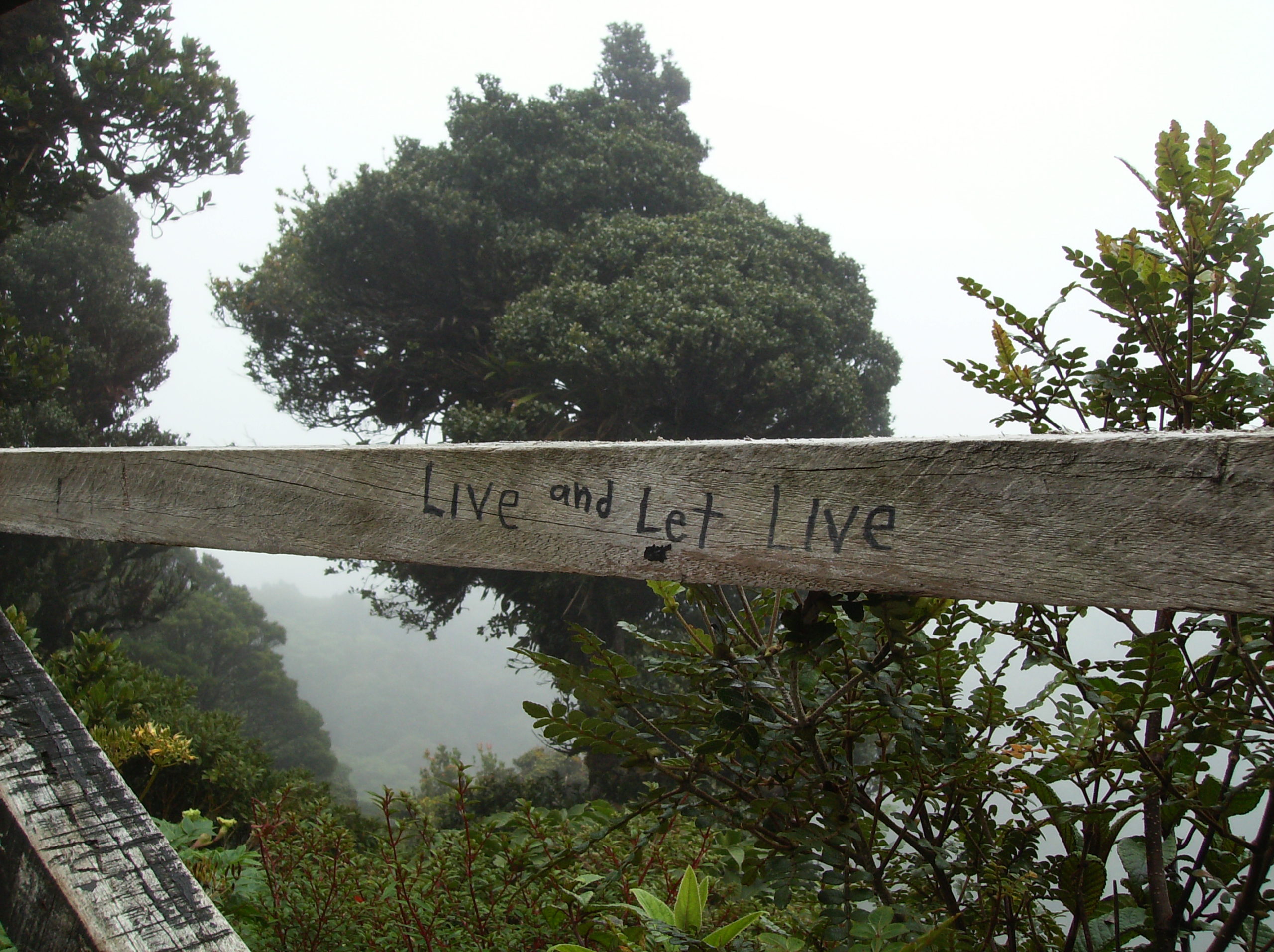I remember when being called a tree-hugger was not such a popular name to be called.
I was dating a guy who teased me about my respect for trees: needless to say we didn’t date for very long. On a very memorable date—our last one—he took me on an off-road trek through a forest in his 4×4 truck. I was happy that this guy had actually asked me to go on a date to the woods. Our mothers had both been Girl Scout leaders, so we had grown up spending time in the woods.
But apparently we had very different ideas of what this meant, because as soon as he turned the truck’s four-wheel drive apparatus loose in the woods, he took off at a roar, the truck’s big tires chewing up the forest floor and mowing down saplings, not to mention destroying all the hidden wildlife that didn’t have a chance to escape the machine’s attack. I was traumatized. Within a minute, I told my date that I couldn’t stay in the truck with him. I climbed out and spent an hour in silent appreciation of my surroundings, wincing whenever I heard his truck’s rampage of the environment.
The irony was that, after he had had enough fun moving down everything in his path in the forest and we were back on the highway heading toward town, a police patrolman pulled him over for speeding and gave him a ticket. My nice boyfriend had broken man’s law by driving too fast on the road and immediately paid the consequences, while he had just broken nature’s law of respect for living creatures and gotten away with it.
I bring up the experience now, decades later, because this type of double standard is even more rampant in our world today. We continue to recklessly break the laws of nature (whatever they are, we have no idea: nature has laws?) and then wonder why we experience consequences. We cut down an acre of trees to build a big-box house and then have to stay inside and run the AC all summer long because it’s so hot (we have destroyed the natural shade); we spend our vacations on the beach and wonder why the beach is so sterile.
We know nothing about nature and the fact that what we do to nature has consequences. Like my boyfriend (who, I’m sure, has wised up by now), we see nature as our playground; a mere object, something to use but not to fear and respect.
At the time, I was too young to verbalize what was going on when my boyfriend called me a tree hugger. All these years later, I understand the underlying conflict was about objectification, not just of me as a woman, but of anything that wasn’t ‘self.’
My advice to a younger me would be to stand up and speak truth to power: “Don’t be intimidated by the people who don’t agree with your views on climate change. Do it anyway.”
He is calling you a tree-hugger—objectifying you—because he isn’t one himself and he doesn’t understand why you would even care about nature, especially trees, which are just there as part of the background landscape; they have nothing to do with the all-important world of people.
He is calling you a tree-hugger because he thinks this will make you feel ashamed, stupid, an outsider. You’re “less than” he is; there must be something wrong with your priorities if you have affection for another living thing, especially one as different from you as a tree.
But the reality is, you are a tree-hugger because you have a strong connection to and understanding of nature; you admire and stand in awe of these majestic trees that tower over us, lavish us with an amazing variety of fruits, as well as wood for our fires and crucial shade. Mature trees are an environment unto themselves: they provide food and homes for mini-ecosystems of living creatures.
As if these merits were not enough to justify their existence, trees are earth’s most ancient and gentle giants and earth’s most learned historians, recording climate change and catastrophic events that scientists use to better understand the world. We are just beginning to study the phenomena of trees’ means of communicating with entire communities of other trees. Trees have innate intelligence that could, if understood, benefit humans in some way. Every living thing is valuable to humans.

Knowing all of this, who wouldn’t want to hug a tree? It’s not the tree-hugger who is the ignorant one. But the sad fact is that a tree-hugger is not a member of the mob mentality.
This illustration of pinning a name on another person by calling, “Tree-hugger!” is a loaded message.
The conditioned othering of people not just like us indicates the deep wrongness with the way humans relate to one another. And this wrongness is only growing worse: it is now what threatens to endanger the survival of everyone. Because, unfortunately, those tree-huggers, bee-savers, and tree-planters are mostly Libs and Dems. The other side is not going to cooperate with anything ‘they’ want ‘us’ to do, even if it is something that will prevent our collective annihilation.
Is it possible for people to put politics aside and agree that the fragile interconnectedness of the web of life is a lesson out of a science textbook, not just fake news?
The toxic problem of societal polarization, of making every issue a political battle, is ultimately what is wrong with humanity’s relationship with nature. We have so alienated ourselves from trees, from plants, from the places where we live that the general population thinks nature is just something to be dominated, kept in its place. This sad fact is apparent in the trendy fascination with moving to a different planet: “We’ve ruined Earth, so let’s just go and live somewhere else.” What causes this denial of responsibility to know about or care about or do anything about nature; to see it simply as “all of that other stuff that has nothing to do with me”?
What does nature have to do with us? We have our houses, our cars, our jobs, our TVs and phones, our Wi-Fi, our fridges full of processed foods. We have our climate control. But we may soon be out of control. Therefore, it is up to those of us who know how much it matters: Do what you know is the right thing to do, even if you’re the only one doing it.

Climate Endgame: Exploring catastrophic climate change scenarios: https://www.pnas.org/doi/full/10.1073/pnas.2108146119
Saving a Global Environment Conducive to Human Life is Job#1:


